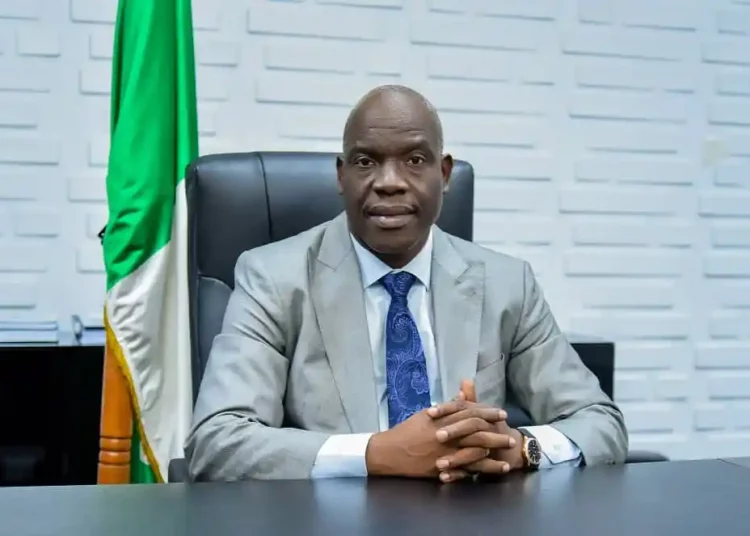The Nigerian Upstream Petroleum Regulatory Commission (NUPRC) has announced that the federal government has approved 37 new crude oil evacuation routes as part of strategic efforts to combat oil theft and enhance production.
Speaking at the ongoing 2025 Nigeria Oil and Gas (NOG) Energy Week in Abuja, NUPRC Chief Executive Officer, Gbenga Komolafe, said protecting the country’s oil assets remains a top priority for the government and regulators.
According to him, the newly approved routes, in combination with improved coordination with security agencies, were already yielding results by reducing crude oil theft and enhancing transparency in the sector.
“Our drive on domestic crude supply obligation is guaranteeing feedstock for local refineries, strengthening domestic supply chains and boosting economic resilience,” Komolafe said.
He also highlighted the impact of the commission’s HostComply platform, which he said has brought transparency and measurable benefits to oil-producing communities, promoting peace and securing the industry’s social licence to operate.
“At the same time, our full-scale digitisation efforts are transforming regulatory oversight—delivering speed, efficiency, and clarity to investors,” he added.
Komolafe noted that under the leadership of President Bola Tinubu, Nigeria’s energy sector was undergoing a historic transformation, having attracted over $16 billion in investment commitments within the past two years.
He credited the progress to the Petroleum Industry Act (PIA) 2021, which laid the foundation for ongoing reforms, and the 2024 Executive Orders—specifically Executive Order 40 (fiscal incentives), Executive Order 41 (local content), and Executive Order 42 (cost efficiency and contract timelines)—which have accelerated investment inflows.
“These bold reforms and clear policy directions have repositioned the Nigerian oil and gas sector to deliver greater energy security, sustainability, and economic resilience,” Komolafe stated.
He also emphasised the need for sustained global investment in the oil and gas industry, noting that the sector currently supplies over 50 per cent of the world’s energy needs and was expected to remain dominant through 2050.
“To meet this demand, annual upstream investments of $640 billion are required through 2030—amounting to over $4 trillion in total,” he warned. “Failure to meet this demand will threaten global stability. Let it be said: the global demand remains strong. Nigeria and Africa cannot afford to ignore this.”





